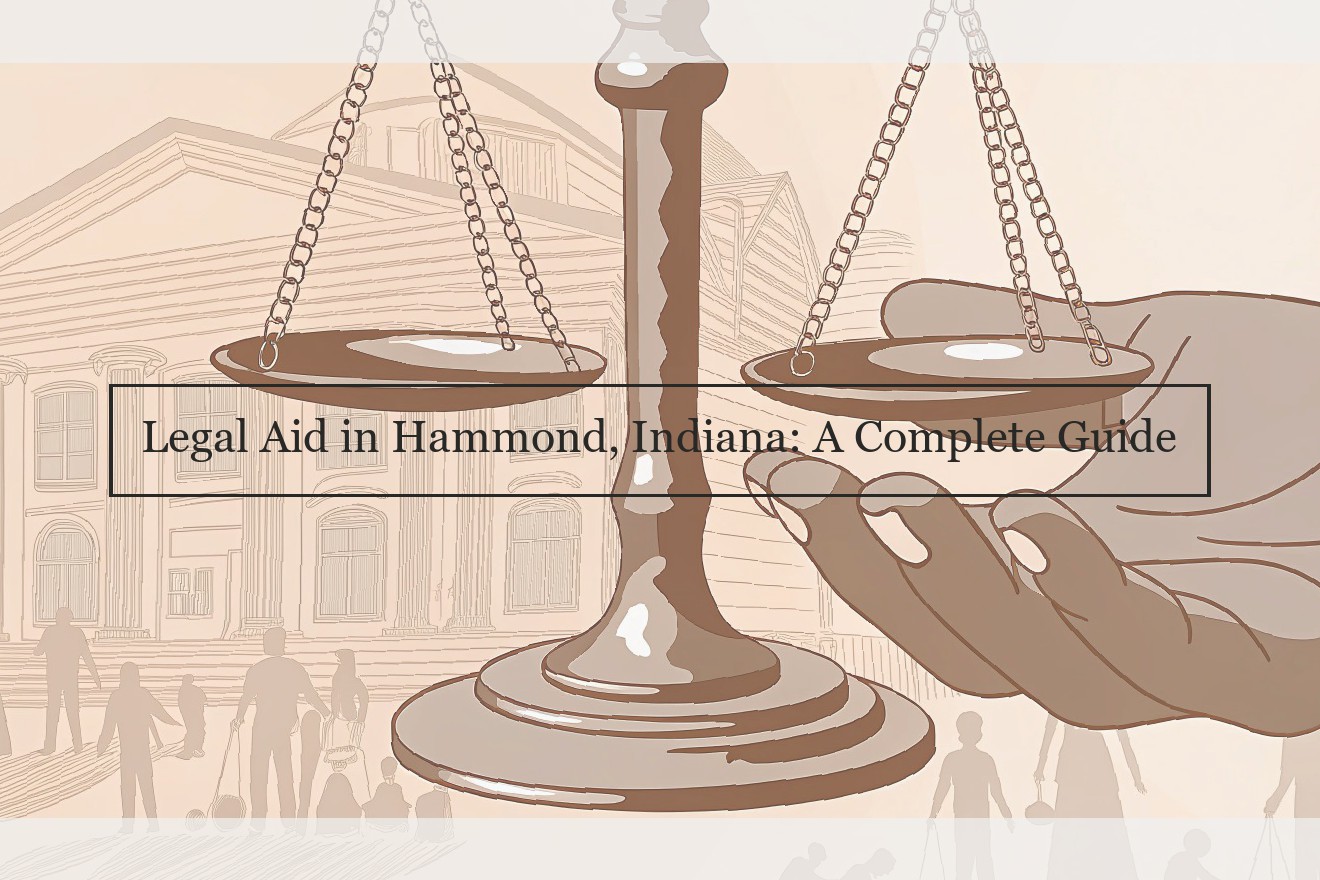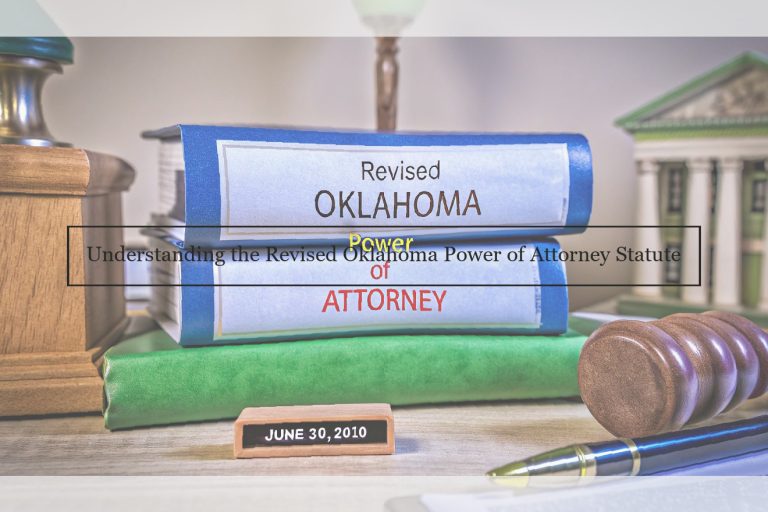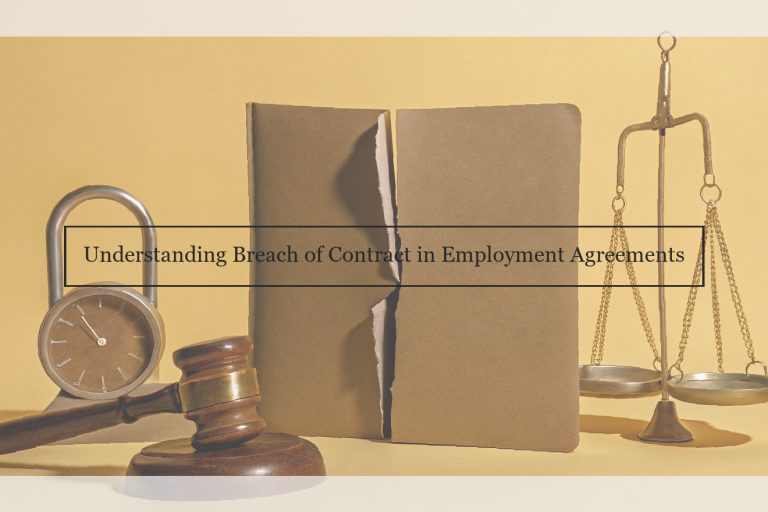An Overview of Legal Aid
Legal aid serves as a beacon of hope for individuals facing legal challenges and struggles in Hammond, Indiana. These services are designed to assist those who simply cannot afford an attorney to defend their rights and interests in the justice system. Legal aid organizations provide essential support to low-income individuals, families, and, occasionally, groups such as the homeless, the elderly, or those with specific legal needs like domestic violence survivors.
Individuals seeking legal aid assistance must meet certain income and asset criteria established by the organization they are applying to for services. While legal aid is a vital resource, it is also limited. A legal aid organization in your area may have restrictions on the types of cases it handles, the number of cases it can take on, and the types of legal matters it can assist with . Even as a low-income resident, be prepared for the possibility that you may not qualify for assistance with your specific type of case.
The primary concept behind legal aid is to help people navigate the legal system in a manner that does not put them at a disadvantage when the other party has the benefit of legal representation. Therefore, there are many types of cases that legal aid services can assist with. These can include consumer complaints, child custody and support, divorce procedures, foreclosure defenses, bankruptcy, guardianships, and criminal cases.
Legal aid helps to "level the playing field" for individuals in legal proceedings, helping to ensure that the justice system treats every person equally and fairly.
Who is Eligible for Legal Aid in Hammond?
Generally, legal aid organizations use an income-based system to determine eligibility. If you are struggling financially and have a civil legal issue, then you may need to seek legal aid. Most legal aid organizations generally require that your income be below a certain threshold, based on your household size. In Indiana, the income threshold is typically set at 125% of the federal poverty level. It is important to note that even within the state or the country there is variation in the income cutoff. Even though some assistance agencies have a cutoff of 200% of the federal poverty level, others may have a lower threshold and simply direct you to another organization that has a higher cutoff when your household income exceeds their threshold level. It is always best to directly contact the legal aid agency if your income is at or near the cutoff level.
Most legal aid organizations only provide assistance for civil cases, not criminal ones. These organizations may limit their assistance to particular types of civil actions as well. For example, they may only provide assistance to victims of domestic violence or low income families who need help paying for legal services related to public benefits, housing, bankruptcy, immigration, family matters and consumer issues.
Important Legal Aid Organizations in Hammond
The following organizations are the primary providers of legal aid in Hammond:
Northwest Indiana Legal Services (NILS): With offices in Hammond and across the region, the mission of NILS is to provide equal access to justice for low-income people. Established in 1969, NILS has grown over the years to serve more than 25,000 low and moderate-income people annually. NILS specializes in many legal areas, including family law, consumer law, public housing, public benefits, Medicaid, Social Security, family and disability law. They also provide mediation services and special programs, such as Women’s Law, a program serving domestic violence issues of women and girls in financial need. NILS has a long history of working with Indiana Legal Services, Inc., which serves the Ohio River Valley in south and eastern Indiana.
Lake County Public Defender’s Office: The Lake County Public Defender’s Office has been in operation for over 50 years through funding from Lake County and the State of Indiana. It is the goal of the office to provide affordable criminal defense services for indigent citizens accused of a serious crime. Legal representation includes investigations, court appearances, case preparation, case planning, advocacy, trial representation, and other legal services as mandated by internal policies and the Indiana Supreme Court. The office is further governed by Indiana statute and precedent, including Section 3, Article 1 of the Indiana Constitution.
Lawyer Referral Service: Founded in 1970 and affiliated with the Indiana State Bar Association, the Lawyer Referral Service in Hammond matches individuals and businesses seeking legal advice to qualified attorneys. Referrals are based on a number of factors, including the type of legal need, geographical location, and the language spoken. For a small fee, the first consultation lasts for up to 30 minutes. The fair and impartial service receives over 4,000 calls from potential clients’ yearly.
Applying for Legal Aid
How to Apply for Legal Aid in Hammond, Indiana
Applying for legal aid is generally a straightforward process. However, specific protocols may vary slightly based on the organization that you are applying to and based on your personal circumstances. The following are key steps that you should follow in order to effectively apply for legal aid in Hammond.
When it comes to filing an application for legal aid in Hammond, doing so in person is almost always preferable to applying by phone. When you apply in person, you can immediately receive information about acceptance or denial of coverage. You can also immediately ask questions about how the legal aid office can help you and what the next steps are.
The key to overcoming some of these common challenges is preparing the necessary documentation. Make sure you have the appropriate identification as well as documentation for your income and any other relevant information. Having all of this information ready will help ensure that the intake staff is able to help you as quickly as possible.
You do not need any legal experience to fill out an application for assistance. The application will likely have some basic questions that identify who you are and what legal issues you are facing. By reviewing the application beforehand and preparing relevant information , you can make this step much easier.
Fact Sheet for Clients: The intake staff will provide you with a fact sheet that describes your case (if they are accepting it) as well as the legal services they are able to provide. Most commonly, this information will be very basic and won’t even really constitute legal advice.
Letter of Commitment: The legal aid group will provide you with a letter that explains your commitment to making all relevant court appearances as well as keeping the legal aid staff updated on progress concerning your case.
Privacy Notices: Because the staff at the legal aid office is funded by the state, they are required to keep all confidential information on record and to use this information to improve services. It may share some of your information with other organizations as well. It also provides everyone involved in your work with updates on your case and other types of important questions that will ultimately help streamline the process.
Applying for legal aid in Hammond, Indiana requires careful preparation and some essential paperwork. If you believe you qualify for legal aid, make sure to follow each of the steps above so that you can begin to benefit from this valuable resource.
Pros and Cons of Legal Aid
Navigating the legal system can be an overwhelming experience, particularly for those who are unfamiliar with the law and justice process. Legal aid provides a vital resource for individuals and families in need of legal assistance. However, understanding both the benefits and the limitations of legal aid is essential when deciding on the right course of action for your case.
A key advantage of legal aid is its affordability. For those who qualify, legal aid services are often offered at no cost or at a reduced rate. This can provide a tremendous relief for clients struggling to make ends meet. Additionally, legal aid organizations are staffed by experienced attorneys and advocates who can help guide applicants through the complex and often lengthy legal processes. The professional advice and representation can greatly increase the chances of a favorable outcome in many scenarios.
Despite its many advantages, legal aid does come with certain limitations. Due to the high volume of applicants each year, there are sometimes long wait times to receive an initial consultation with an attorney. Furthermore, not all legal aid organizations offer services for every area of law. As such, it may be necessary to seek assistance from an outside source for a specific legal issue.
Understanding both the benefits and the limitations of legal aid can provide you with the knowledge to handle your legal situation in a way that’s best for you.
Legal Aid Alternatives
If you do not meet the eligibility requirements to receive a lawyer through Indiana Legal Services, there are other options available. While Hammond Legal Aid can be a wonderful resource for many families in need of family or civil law legal assistance, there is no guarantee you will be accepted into the program. Fortunately, alternatives do exist.
Pro bono services are offered across the state and provide free assistance to those who have been identified in need of legal help by an intermediary. There are many organizations that offer pro bono services such as: Low-cost legal clinics such as a Wills Clinic are hosted by community organizations to offer basic wills, advance directives, and durable powers of attorney for a discounted rate. This is a good option to consider if you only need a basic estate planning document on a budget. People who qualify for free or discounted legal services can try to find a local clinic hosted at a community organization or legal aid office near them . You can also try a local bar association. Very often they host events that take place at the bar association’s office, but there may be clinics elsewhere. Check their websites for more information.
Most basic legal questions can be answered by asking a paralegal or a legal assistant. Most of Indiana Legal Services’ satellite offices have legal assistants on staff who can answer your questions or guide you through the process of finding a lawyer that best fits your needs. You can also try to reach out to the Indiana State Bar Association’s Lawyer Referral Service online or via telephone if you have a simple question about your case or would like to find a full-service, private lawyer. South Shore Pro Bono is a satellite branch of the full Indiana Pro Bono commission. Located in Hammond, the South Shore Pro Bono hosts some free and low-cost legal clinics. To see a list of clinics and upcoming events as well as a list of volunteer opportunities in the Hammond area, visit the South Shore Pro Bono website.




+ There are no comments
Add yours